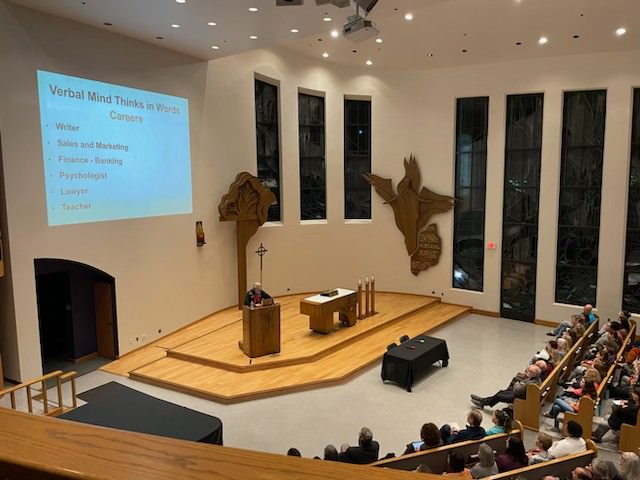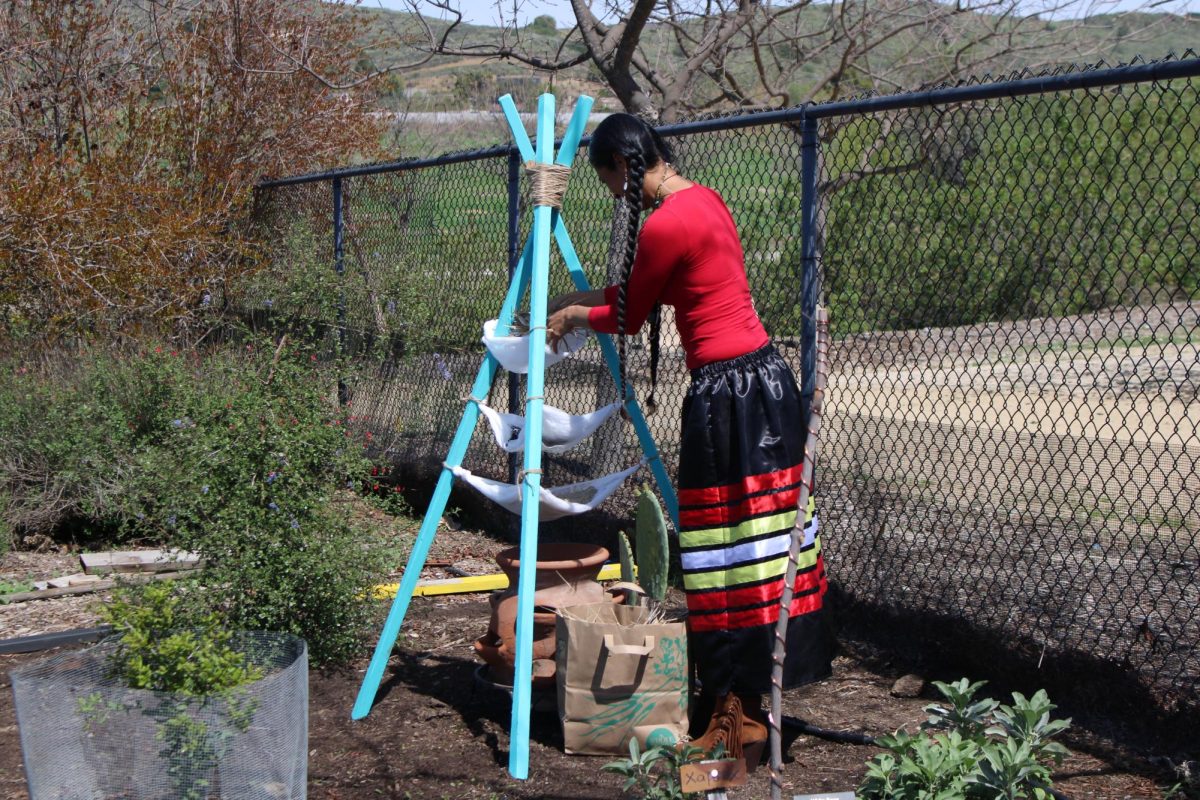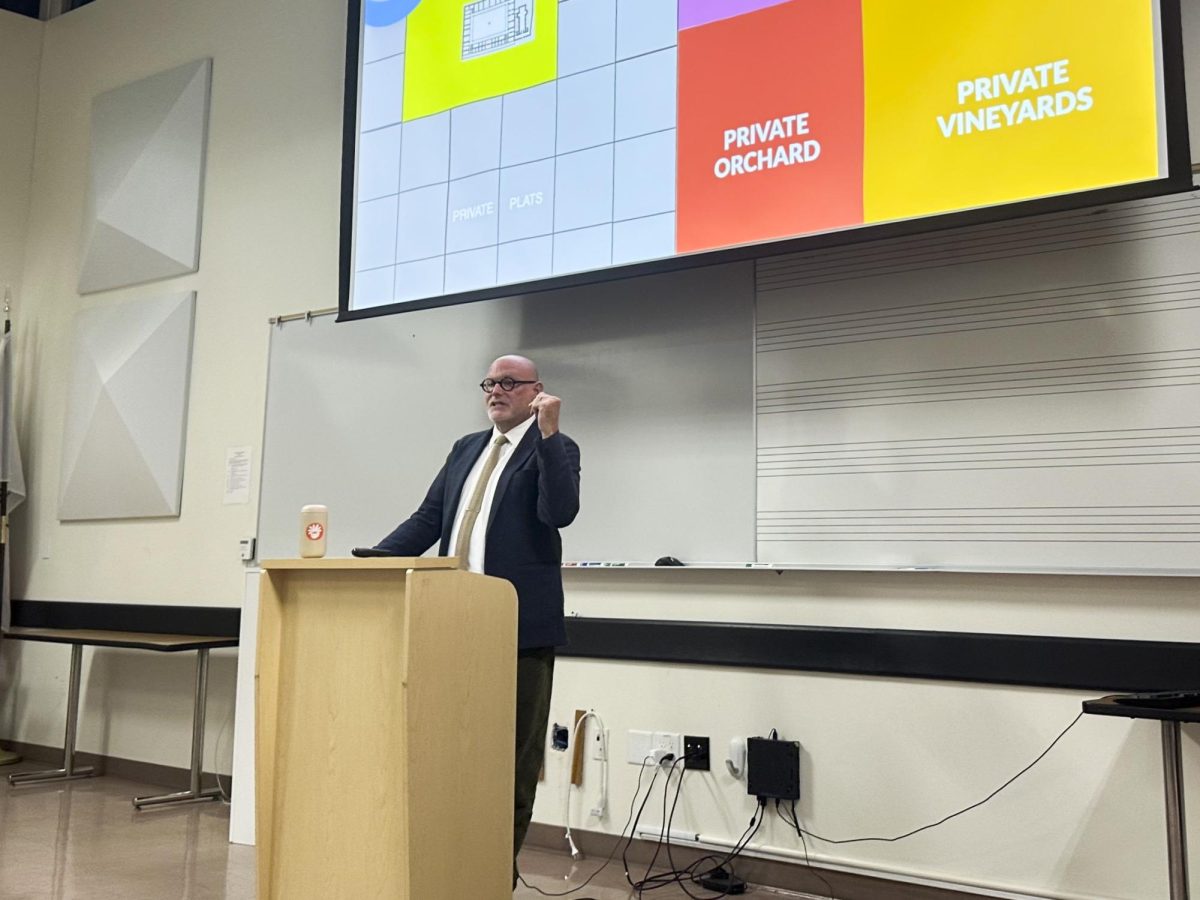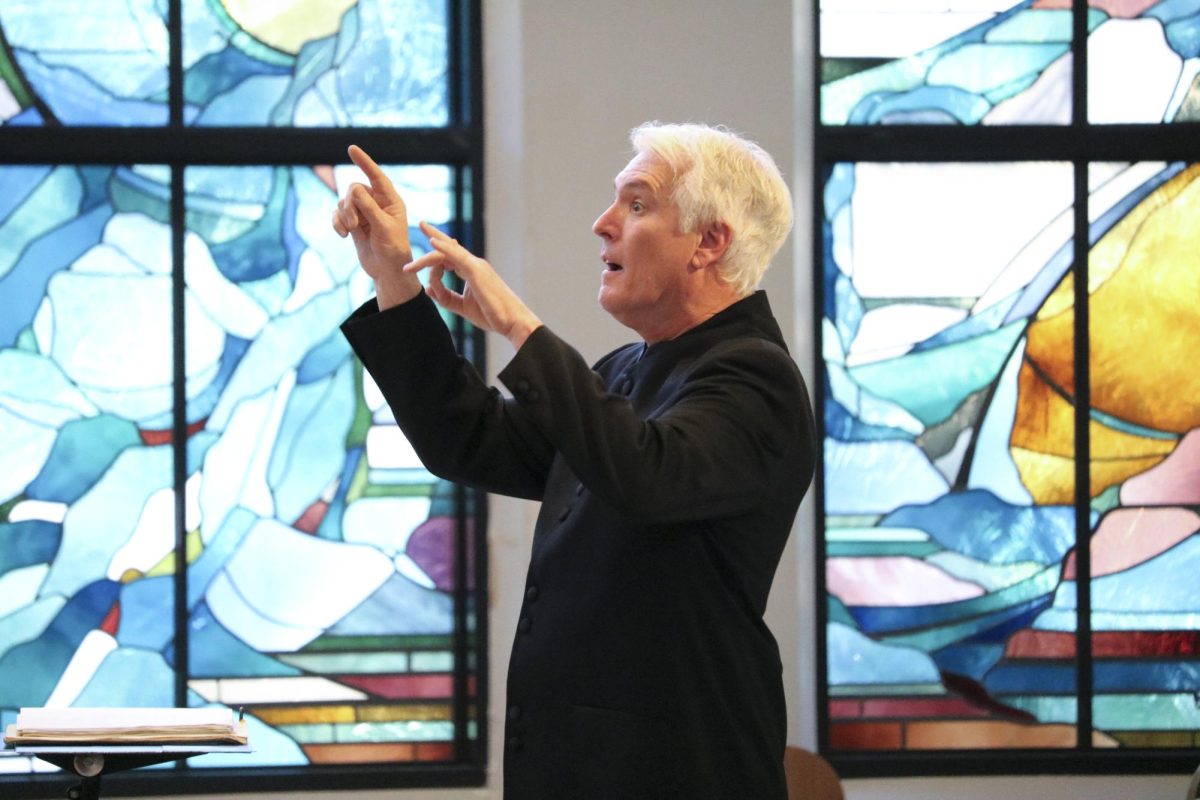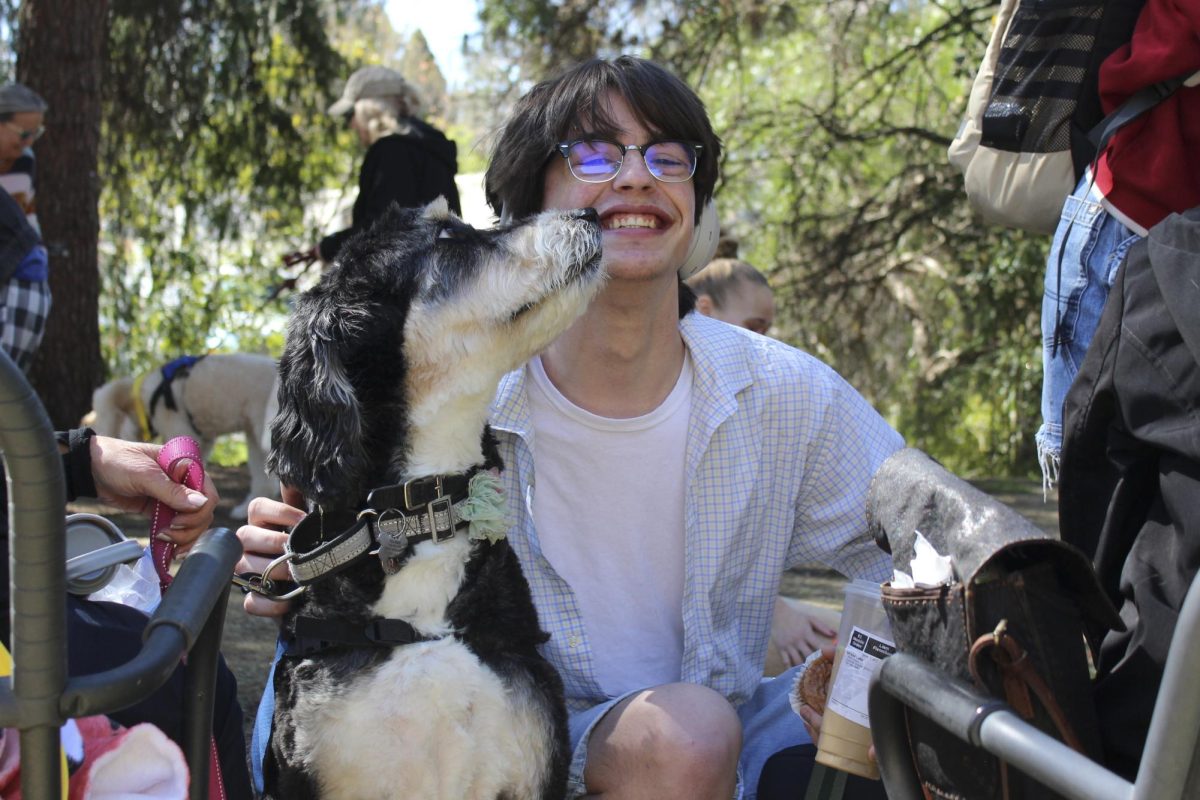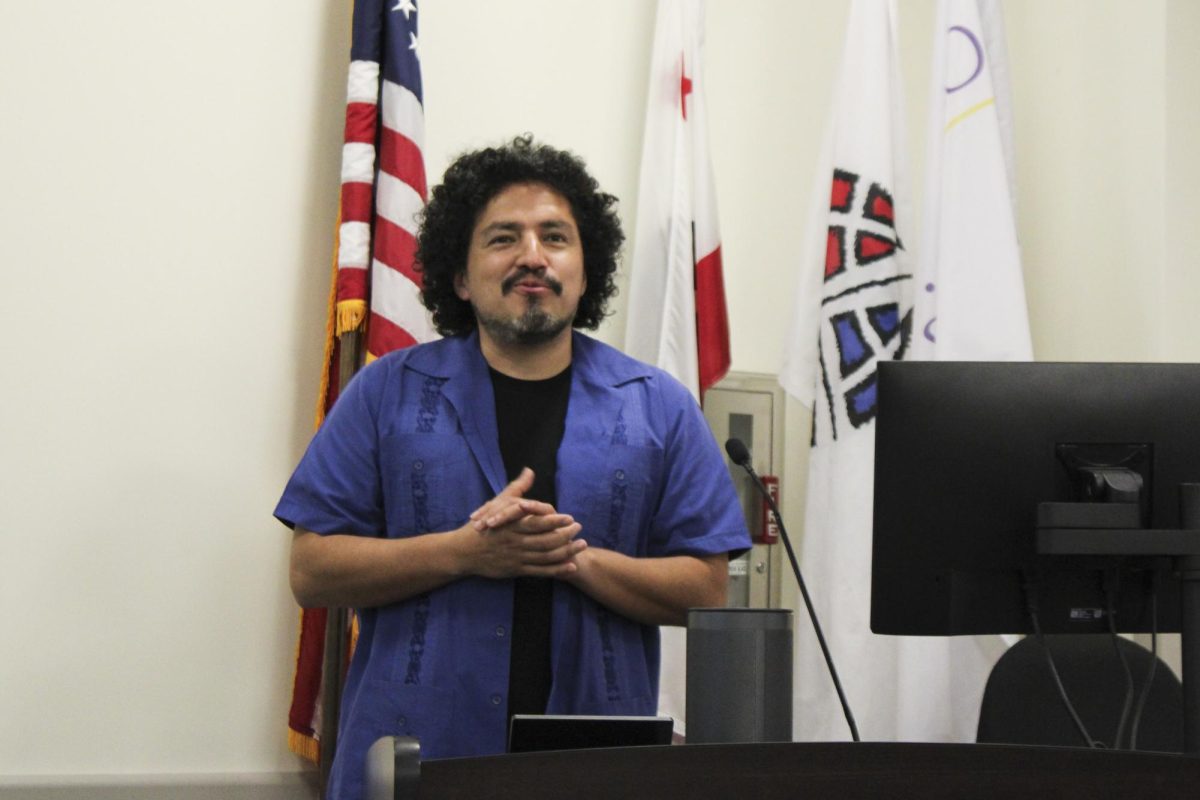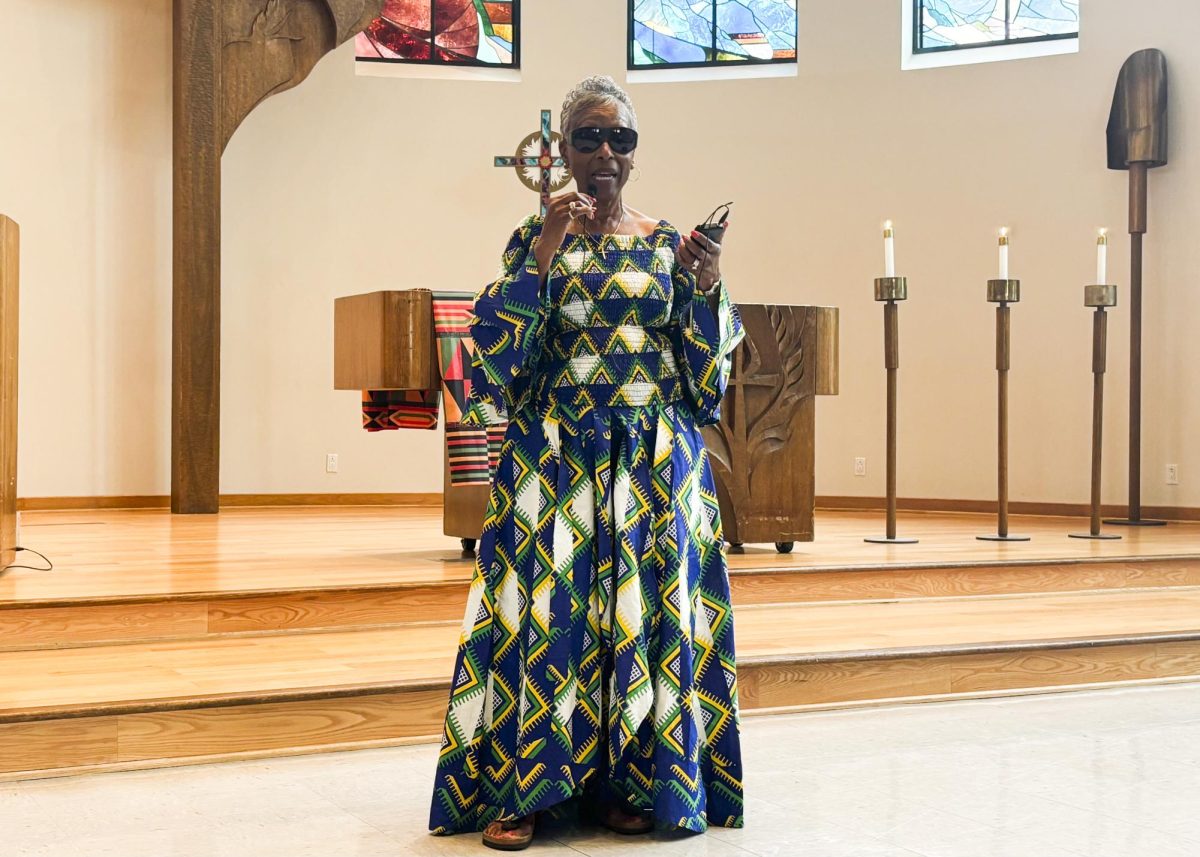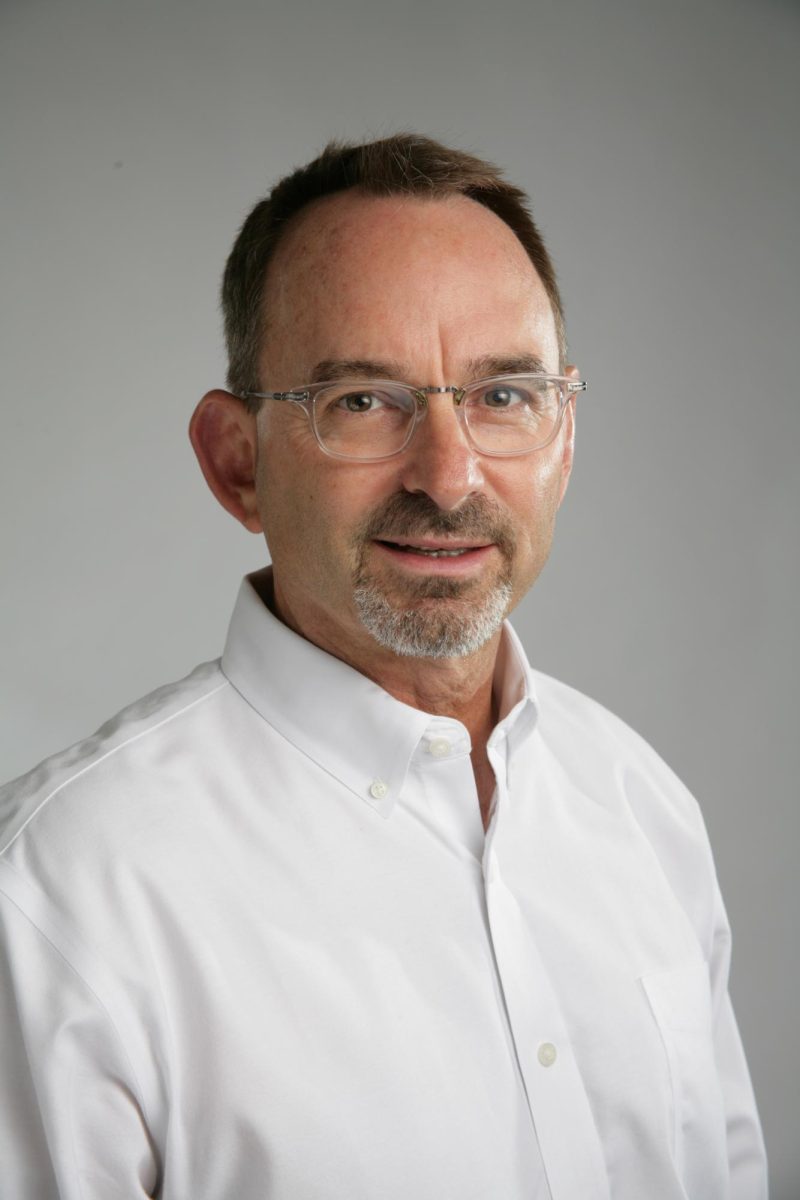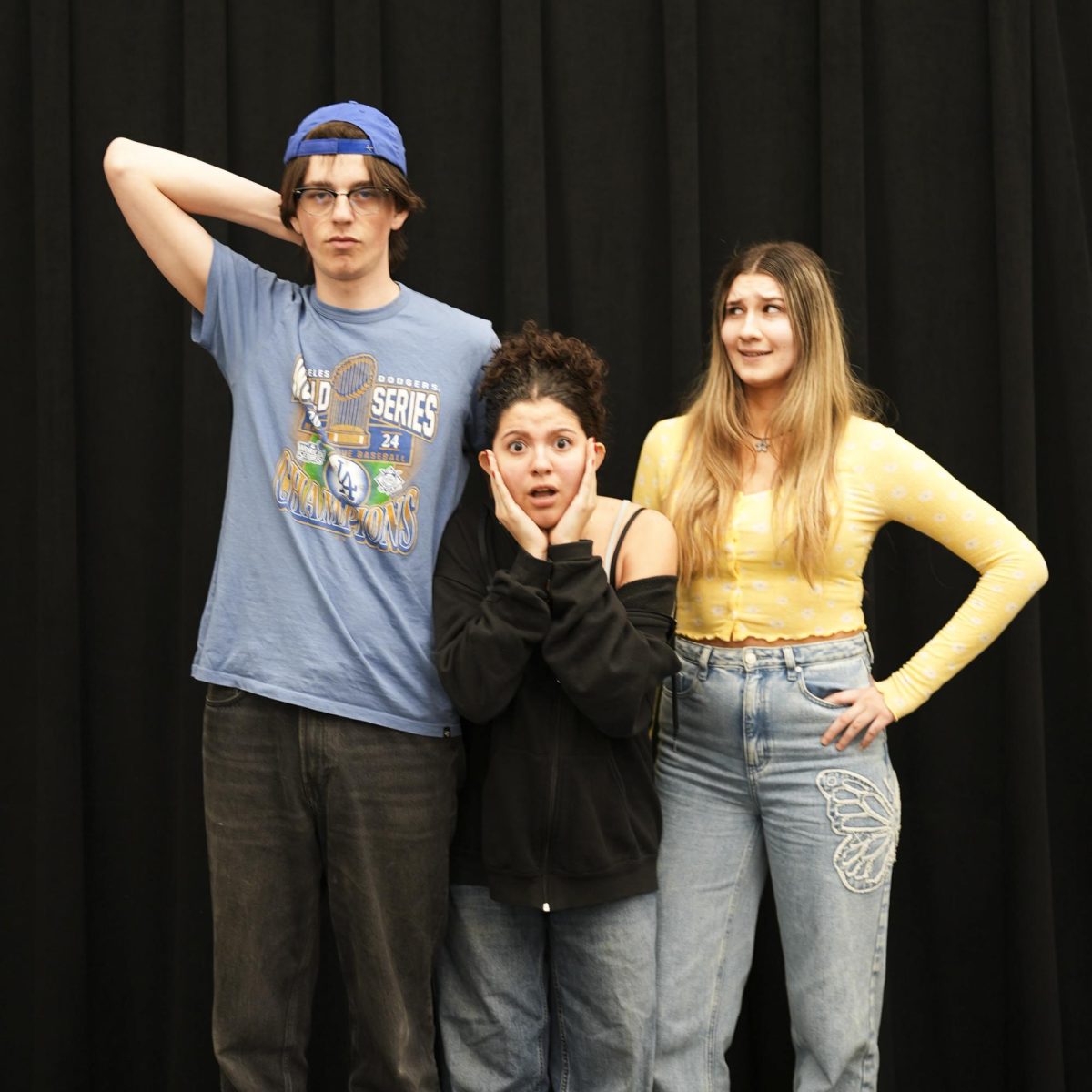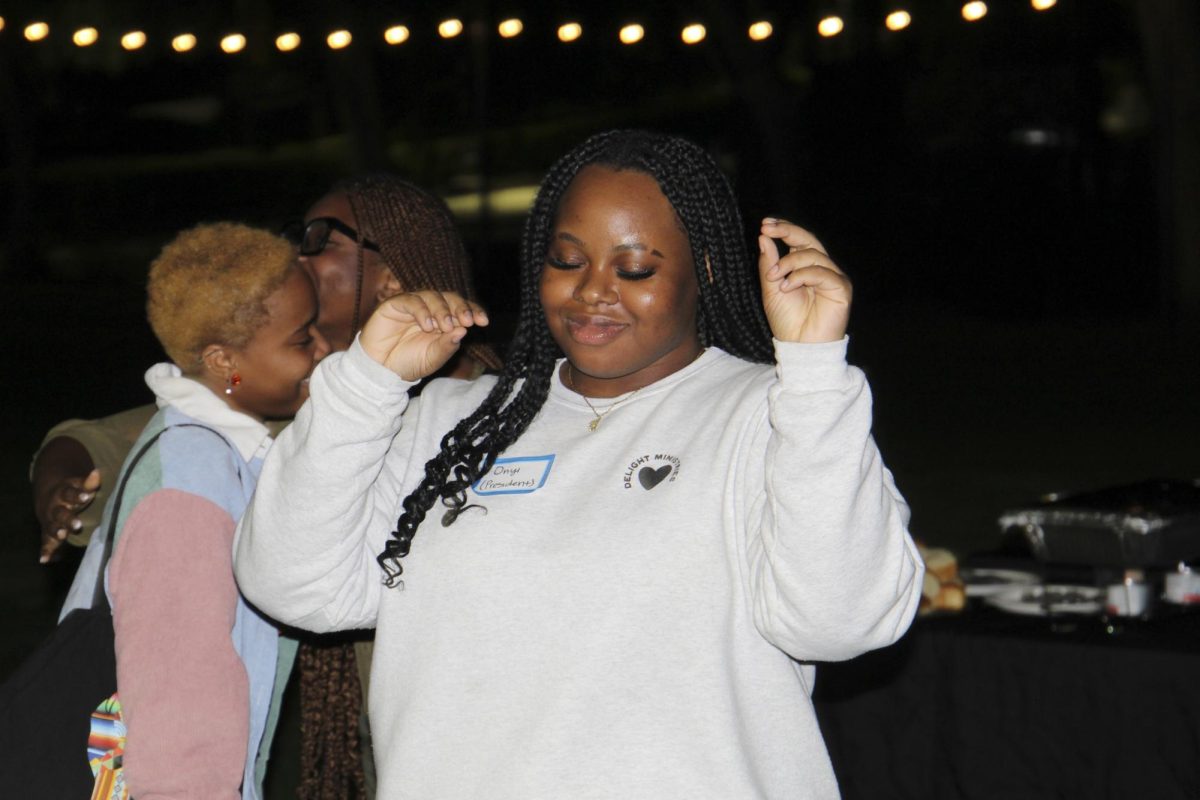On the evening of Feb. 21, current California Lutheran University students, faculty and local community members were invited to Samuelson Chapel to hear a presentation from Academic and Animal Behaviorist Temple Grandin, about different types of thinking.
Grandin is a current professor and researcher at Colorado State University, a prominent advocate and developer for the humane treatment of livestock for slaughter, and an Autism spectrum activist. She is also a New York Times best-selling author, and in 2010 was a part of TIME Magazine’s Top 100 Most Influential People in the World list.
This presentation was a part of the dean’s lecture series and served as the kickoff for Disability Awareness Month. Dean of the College of Arts and Sciences Tim Hengst set up the lecture, and Cal Lutheran’s Autism and Communication Center sponsored the event.
Hengst said he had the privilege to hear Grandin speak in the past, which sparked his interest in having her speak at Cal Lutheran.
“I was just so impressed by her talk and felt like it would be a great opportunity for our campus to hear somebody speak, especially you know with our emphasis on diversity and inclusion, somebody who’s autistic, and just a great message for people who’ve got different disabilities,” Hengst said.
Additionally, Hengst said he was excited to hear about the lessons Grandin could teach to Cal Lutheran students.
“I think primarily for the students, making them aware of how far they can go regardless the types of disabilities they have,” Hengst said. “She has had a tremendous amount of obstacles throughout her life and yet she’s one of the top women in the country.”
Director of the Autism and Communication Center Edlyn Peña said Grandin is an icon in the autism community. She said she believes her lecture will benefit both Cal Lutheran and the surrounding community.
“Bringing Dr. Grandin will be awesome for professors, for kindergarten through 12th-grade teachers, for therapists, any support providers or family members who want to understand how autistic people experience, and what it is to live the autistic experience,” Peña said.
Within her presentation, Grandin emphasized that great minds do not always think the same. She explained how she, as an “object visualizer”, thinks in pictures instead of words.
Additionally, Grandin expressed her worry that neurodivergent students like her, who may not think the same way as most, are being screened out of the school system due to their inability to perform certain subjects while excelling at others. She said she believes she would not have graduated high school in California due to her struggles in algebra, yet she has gone on to revolutionize the world beef industry completely.
Grandin also guided the audience on working with different types of minds. She emphasized that educators and supporters should give clear and straightforward instructions, discussed the importance of mentors and role models for neurodivergent individuals, and addressed the necessity of beginner jobs for future career success.
Throughout her presentation, Grandin kept the crowd engaged through her stories and moments of humor. Former member of the Cal Lutheran Board of Regents, Wayne Rickert, said the event was tremendous.
“It’s very impressive how she uses humor to get her points across and that people react to it so positively, I think that takes away some of the negative ideas that people have about her,” Community member Phyllis Rickert said.
Grandin discussed how important it is to combine and utilize everyone’s strengths and the unique ways everyone thinks, emphasizing how different types of minds work and complement each other, thus leading to success.
“We need the skills of people who think differently,” Grandin said.

